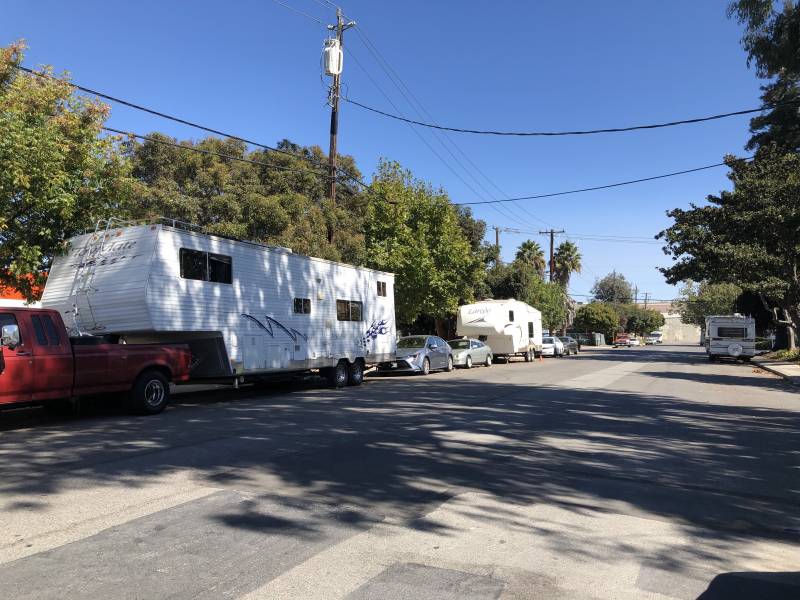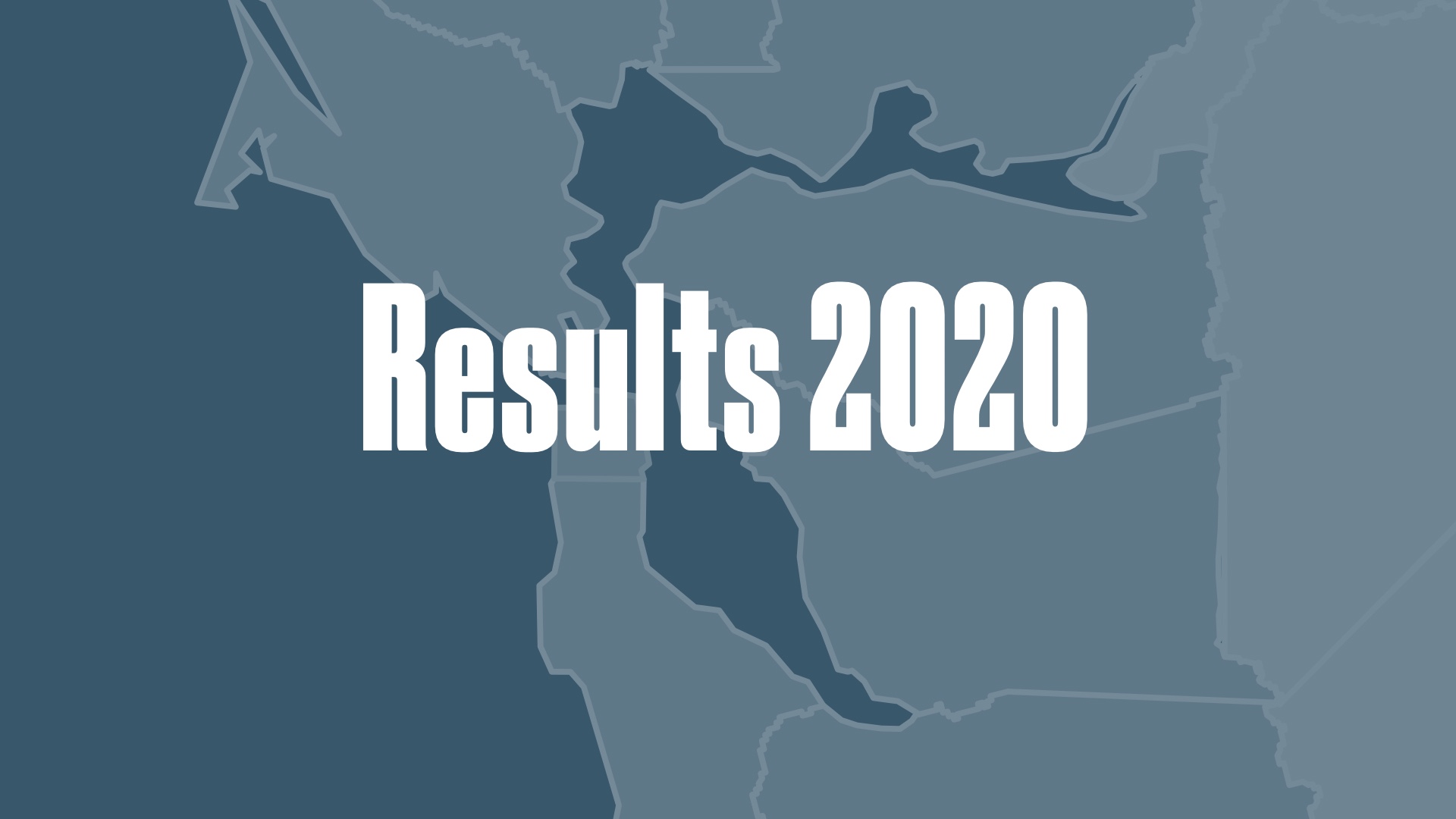Mountain View voters appear set to approve a measure to limit where and for how long RVs and other oversized vehicles can park on city streets, with early returns Tuesday night showing 57% support. County officials estimate that more than half of registered voters turned in a ballot this year.
Early Results Show Mountain View Residents Approve RV Ban

In 2019, Mountain View approved a controversial ban of oversized vehicles on narrow streets, citing traffic and safety concerns. Then, former Mountain View Mayor Lenny Siegel gathered enough signatures to put Measure C on the ballot, hoping voters would come out against it. Instead, early election returns show voters sided with the measure.
“It shows that a majority of voters don’t like seeing people in motor homes on our streets,” Siegel said as it became clear this measure was likely to pass. “We have people living in vehicles on our streets because they can’t afford rent, and most of them will be forced out of town if this is implemented.”
Measure C bans any vehicle, “which exceeds 22 feet in length or 7 feet in width or 7 feet in height,” from parking on streets that are 40 feet or narrower, unless the vehicle is parked to load or unload goods or similar functions.
Mountain View Mayor Margaret Abe-Koga, who backed Measure C, says it’s part of the city’s larger plan to address homelessness and provide assistance. She says the ban will incentivize people who live in RVs to use the city-funded parking program, which is the largest of its kind in Santa Clara County.
“I know that folks who … opposed Measure C, said we didn’t have a plan to help the homeless. But we actually do, and I’m glad folks recognize that,” Abe-Koga said. She noted that Mountain View recently received a Project Homekey grant from Gov. Gavin Newsom to build a transitional housing project.
Abe-Koga said she expects it will take several months to implement the ban.
— Holly McDede (@HollyMcDede)
